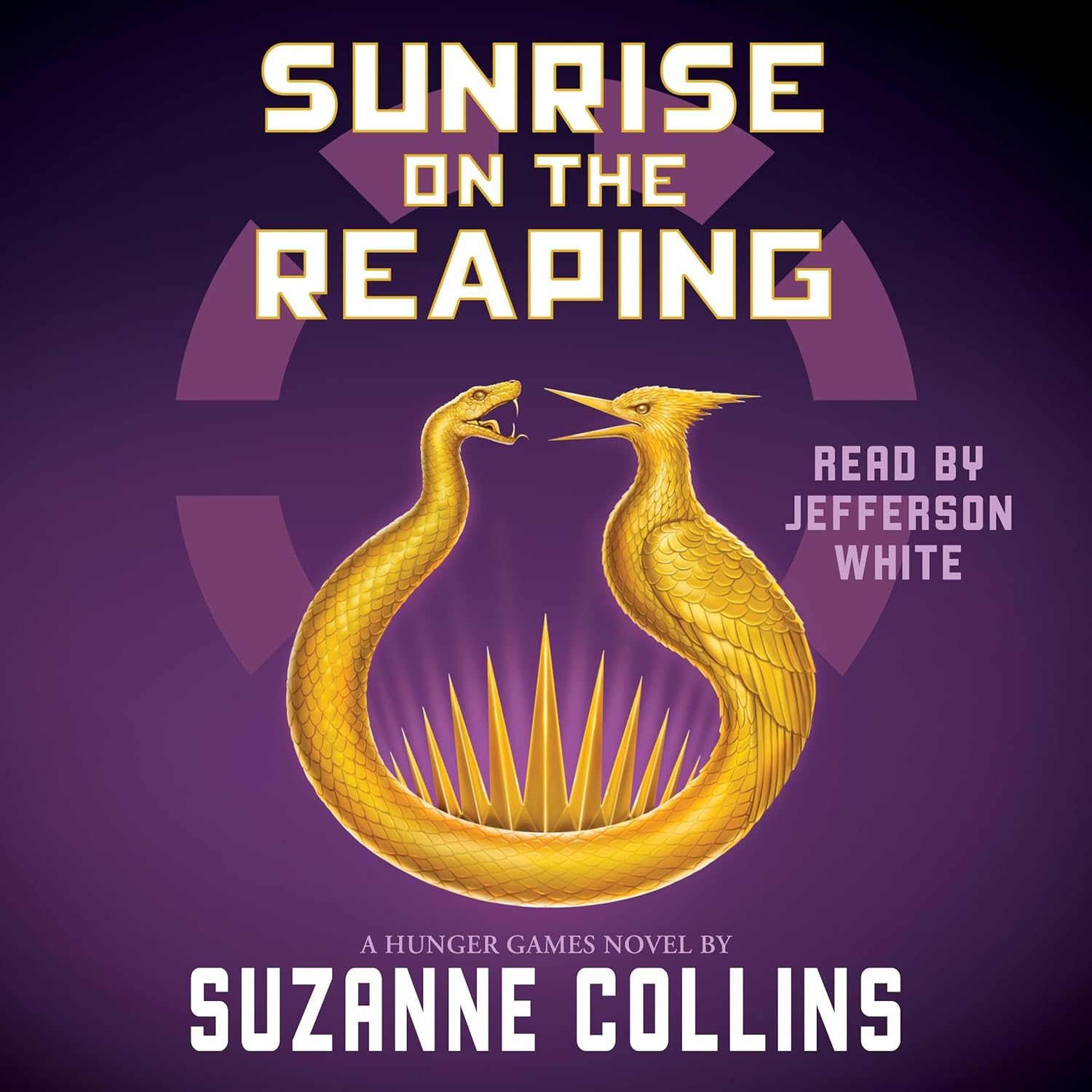[toc]
haunting melodies loss and resistance analysis
Sunrise on the Reaping (A Hunger Games Novel) (The Hunger Games)
Page 471 Review
The Haunting Melody of Memory: A Commentary on Loss and Resistance in Suzanne Collins’ Excerpt
This poignant excerpt from Suzanne Collins plunges us into the depths of the narrator’s mind, grappling with the ghosts of the past and the uncertain future.
The haunting melody of memory intertwines with fear and defiance, painting a vivid picture of a world scarred by oppression and the enduring power of human connection.
The passage centers around the narrator’s preoccupation with Lenore Dove, a figure shrouded in mystery and loss, whose fate remains uncertain amidst the oppressive regime.
The Enigma of Lenore Dove: A Symbol of Unanswered Questions
The narrator’s thoughts are consumed by Lenore Dove, referred to as “My Covey girl.” The phrase evokes a sense of protectiveness and affection, suggesting a deep bond between the two.
The mystery surrounding Lenore’s disappearance fuels the narrator’s anxiety:
“My thoughts turn to Lenore Dove.
My Covey girl.
What happened to Snow’s?
The mysterious District 12 victor.
She could be alive.
He is.
And yet she’s all but vanished from memory in District 12.
Did President Snow have her killed?
No, he would only have been a boy.
Hardly older than me.
He wouldn’t have been in power.
Not like now.
What plans does he have for my dove?”
The narrator questions whether President Snow, a figure of immense power and control, was responsible for Lenore’s disappearance.
The realization that Snow was “hardly older” than the narrator at the time of Lenore’s disappearance adds a chilling layer to the mystery.
It suggests that even in his youth, Snow possessed the potential for cruelty and manipulation, planting the seeds of the tyrannical ruler he would become.
The term “my dove” highlights Lenore’s vulnerability and the narrator’s fear for her safety.
She is a symbol of innocence and beauty in a world marred by brutality.
The Covey Song: A Declaration of Independence?
The narrator recalls a Covey song, a relic of a bygone era, that offers a glimpse into the spirit of resistance:
“I think of the Covey song, the one Maysilee’s mamaw used to quote when she was scared. . . .
Nothing you can take from me was ever worth keeping.”
The song’s lyrics, “Nothing you can take from me was ever worth keeping,” initially appear arrogant and defiant.
However, the narrator quickly refutes this interpretation, recognizing the profound loss and pain that can accompany such a sentiment:
“You can take several things from me — my ma, my brother, my love — that are the only things worth keeping.”
This internal contradiction highlights the complexity of grief and resilience.
While the Covey song attempts to diminish the impact of loss, the narrator acknowledges the irreplaceable value of loved ones and the devastating consequences of their absence.
The song, therefore, serves as a reminder of the things worth fighting for, even in the face of overwhelming odds.
The Hanging Tree: A Ballad of Rebellion and Remembrance
Another forbidden song surfaces in the narrator’s mind: “The Hanging Tree.” This haunting melody, played by Lenore Dove for Burdock, carries a darker and more ominous tone:
“Are you, are you
Coming to the tree
Where they strung up a man they say murdered three?Strange things did happen here
No stranger would it be
If we met up at midnight in the hanging tree.Are you, are you
Coming to the tree”
The lyrics of “The Hanging Tree” evoke images of violence, injustice, and the supernatural.
The hanging tree becomes a symbol of resistance and rebellion, a place where those who defy the established order are punished.
The song’s cryptic message suggests a clandestine meeting, a gathering of those who dare to challenge the status quo.
The “man they say murdered three” could represent a victim of injustice, a scapegoat sacrificed to appease the authorities.
The mention of “strange things” hints at a deeper, more sinister reality beneath the surface of the seemingly normal world.
Conclusion: Hope and Despair in a World of Oppression
The excerpt masterfully blends personal anxieties with broader themes of oppression, loss, and resistance.
The narrator’s internal struggle reflects the larger conflict between the individual and the state, between memory and oblivion.
The haunting melodies of the Covey song and “The Hanging Tree” serve as reminders of the past and warnings for the future.
While the fate of Lenore Dove remains uncertain, the narrator’s determination to remember her and to question the motives of those in power offers a glimmer of hope in a world shrouded in darkness.
The excerpt leaves the reader with a sense of unease and anticipation, eager to uncover the secrets hidden beneath the surface of this dystopian world and to witness the unfolding of the narrator’s journey.
Buy full ebook for only $15: https://www.lulu.com/shop/suzanne-collins/sunrise-on-the-reaping-a-hunger-games-novel-the-hunger-games/ebook/product-e7496ww.html?page=1&pageSize=4

